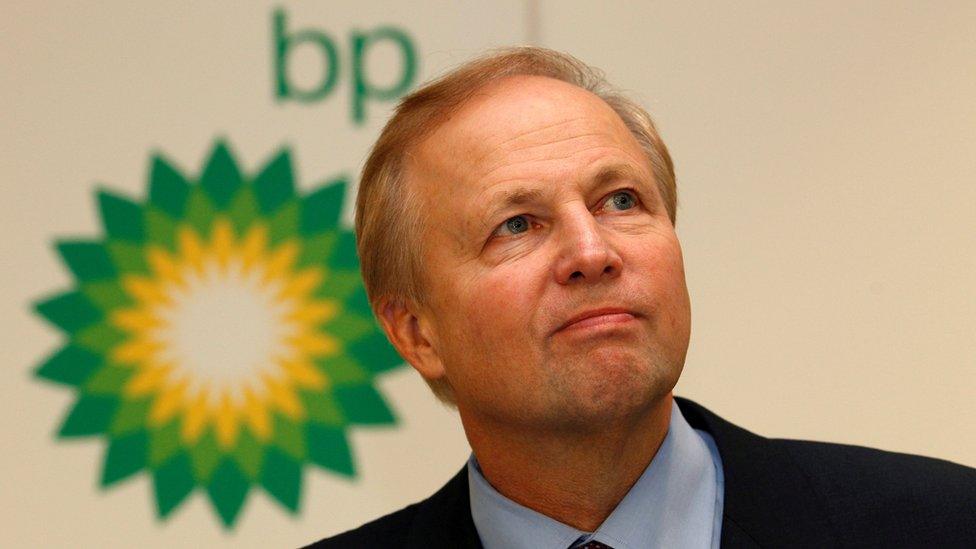IoD: Investors need bigger say in executive pay
- Published

In April last year BP shareholders rejected a pay package of almost ┬Ż14m for chief executive Bob Dudley
Investors should be given a bigger say over executive pay to help rebuild trust in business, the Institute of Directors (IoD) has said.
The IoD is calling for pay strategies to be rethought, if they are rejected by 30% of shareholders.
Remuneration should then be put to a fresh vote, it said.
Despite some high profile rebellions in recent months, executive pay is usually approved at annual general meetings, the IoD added.
"There is still a pressing need to rebuild public trust in big business, to work in the long-term interests of investors and employees, rather than the short-term interests of managers," said Oliver Parry, head of corporate governance at the IoD.
"Now is the time for sensible reforms which increase transparency and draw more engagement from shareholders."
Lower threshold
At present, shareholders have a binding vote on future remuneration policy once every three years. If the policy is rejected by 51% of shareholders, it must be revisited.
The IoD is arguing that threshold should be lowered to 30%.
Shareholders also have a retrospective, non-binding vote on executive pay every year, and company annual general meetings often see vociferous criticisms of executive pay.
In April last year, BP shareholders, for example, rejected a pay package of almost ┬Ż14m for chief executive Bob Dudley at the oil company's annual general meeting. However, the vote was non-binding.
In November last year the government outlined its plans to make companies justify high levels of executive pay.
Among the measures under consideration were pay ratios, which would show the gap in earnings between the chief executive and an average employee.
- Published29 November 2016
- Published27 November 2016